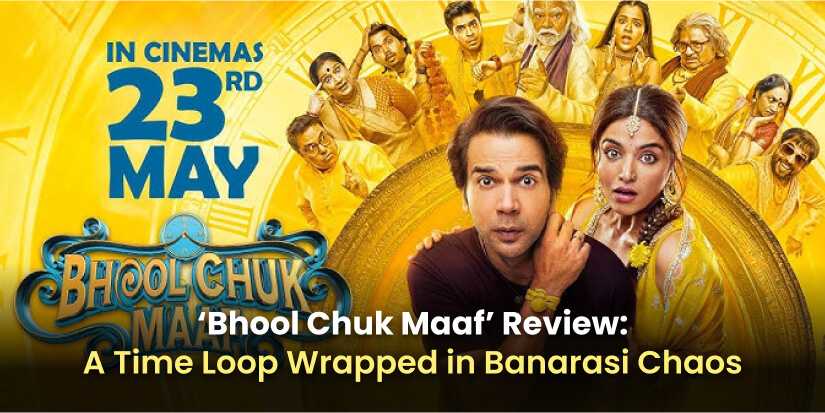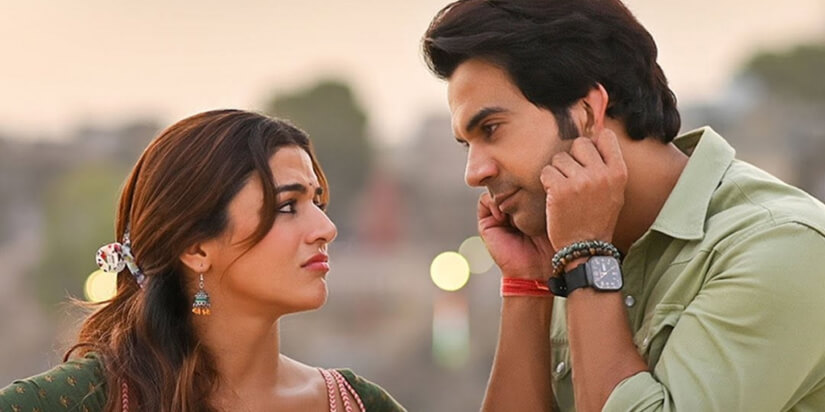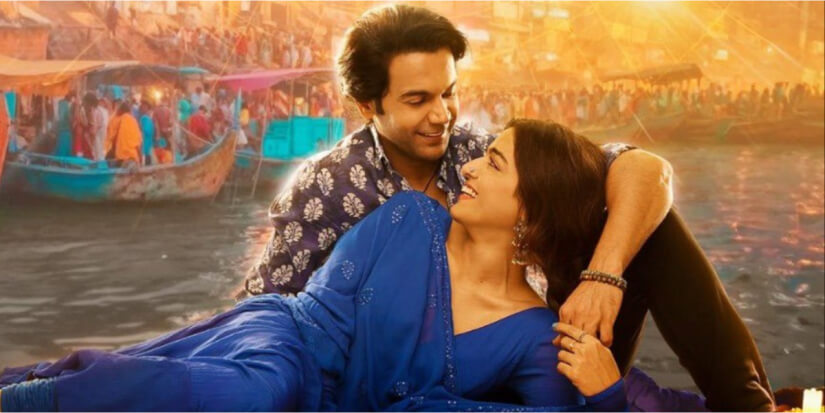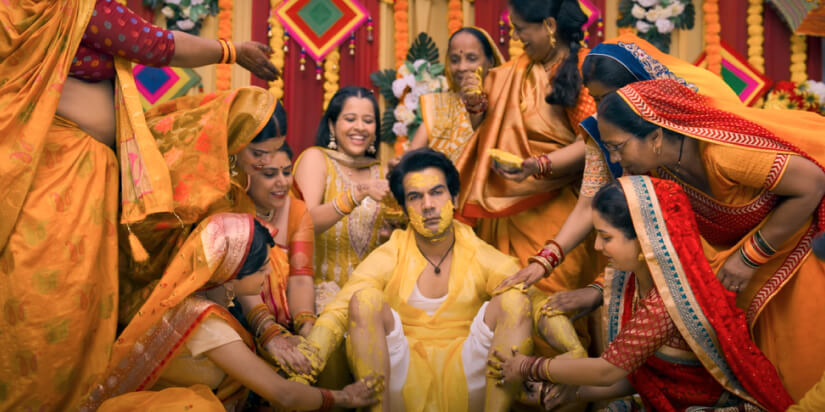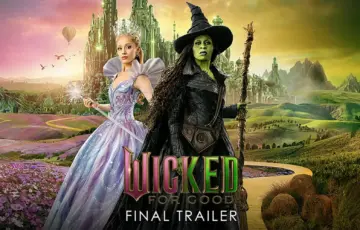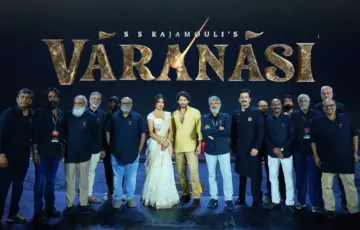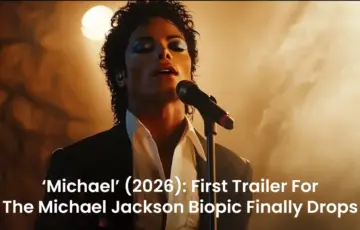What if your big fat Indian wedding came with divine fine print—and breaking it trapped you in a time loop? Bhool Chuk Maaf takes that wild premise and runs with it, blending satire, social critique, and small-town romance into a surprisingly thoughtful ride. With Rajkummar Rao and Wamiqa Gabbi leading the charge, this isn’t just a comedy—it’s a karmic reminder wrapped in vibrant Banarasi chaos.
A Familiar Tale With a Divine Twist
Set in the vibrant lanes of Banaras, the film opens with Ranjan (Rajkummar Rao), a jobless but earnest young man, deeply in love with Titli (Wamiqa Gabbi). No caste drama, no religious barrier—just the mundane Indian obstacle of not having a government job. When Ranjan tries to hustle his way into stability, he ends up bribing both a temple deity and a human fixer. But karma, as always, doesn’t forget.
What follows is a time loop that traps Ranjan in the days leading up to his wedding. It’s a smart nod to the age-old Satyanarayan katha, where humans forget their vows and divine justice kicks in. Sharma updates this story into a timely critique of modern societal blind spots.
Rajkummar and Wamiqa Anchor the Narrative
Rajkummar Rao blends seamlessly into Ranjan’s small-town chaos. His comic timing, coupled with genuine vulnerability, makes the loop feel believable and grounded. Wamiqa Gabbi, aptly named Titli, brings energy and sharpness to her role, asserting agency without slipping into tokenism. The chemistry between the two leads is refreshingly real—flawed, funny, and warm.
Supporting performances by Seema Pahwa, Raghubir Yadav, and Sanjay Mishra add flavor to the film’s Banarasi setting, ensuring the story never floats too far from its earthy roots.
Sharp Writing, But Not Without Bumps
The film starts strong, building intrigue with sharp jibes and observational humor. However, once the loop deepens, Sharma’s script becomes a tad anxious. The cleverness gives way to overwritten gags, and a loud background score undercuts emotional moments that should’ve breathed on their own.
The music, surprisingly, underwhelms. Despite having veterans like Irshad Kamil and Tanishk Bagchi, the soundtrack fails to leave a mark. A recycled song from Love Aaj Kal ends up being the most memorable tune—ironically not created for the film.
Final Verdict: Imperfect But Important
Bhool Chuk Maaf may falter in its final act, but its soul is in the right place. It holds up a mirror to our collective forgetfulness—of promises, of empathy, of moral clarity. In doing so, it asks a pertinent question: in a world of shortcuts and self-interest, who really learns from their mistakes?
A little loud, a little uneven, but deeply relevant—this one’s worth a watch.

